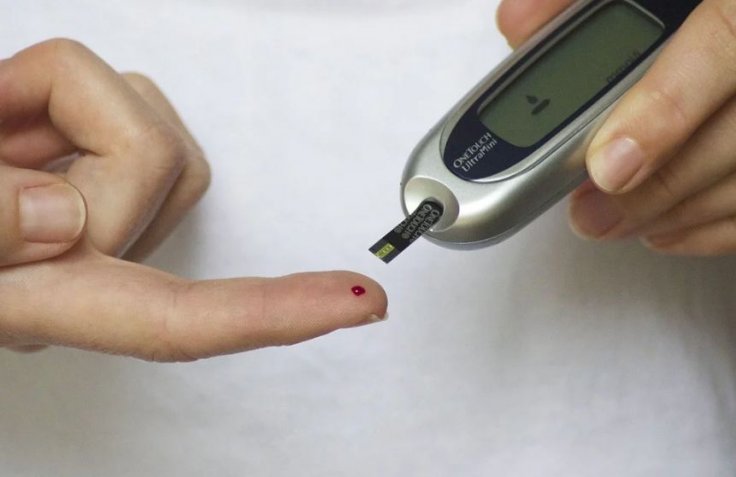Australian scientists have said that they have developed a new blood-sugar testing device that can end the painful saga of diabetes tests. The new method to test the level of diabetes uses a non-invasive strip that checks glucose levels via saliva.
Researches also stated that this low-cost saliva test is likely to replace current needle-based test for those suffering from diabetes. The current method to check diabetes levels includes pricking the fingers [sometimes multiple times a day] with a lancet and placing a drop of blood on a testing strip. But the latest test will not involve the process of pricking.

How Does It Work?
According to Paul Dastoor, professor of physics at the University of Newcastle in Australia, the latest method embeds an enzyme that detects glucose into a transistor that can then transmit the presence of glucose. Dastoor had led the team that created the new testing method.
Speaking to Al Jazeera, Dastoor told about the effectiveness of the non-invasive strip. "Your saliva has glucose in it and that glucose concentration follows your blood glucose. But it is a concentration about 100 times lower which means that we had to develop a test that is low cost, easy to manufacture, but that has sensitivity about 100 times higher than standard glucose blood test," told Dastoor.
Low-Cost Test
Another good news is that the new strip is low-cost. Reports claim that it was made possible as the electronic materials in the transistor are inks. Explaining about the same, Dastoor said: "The materials that we work with are remarkable, they are electronic inks that can act as electronic material, but the difference is that we can print them at massive scale using a reel-to-reel printer, the same that you use to make newspapers."
Reports claim that the project was funded by the Australian government. As much as $4.7 Million were allotted for the same. Dastoor hopes that the tests will not be limited to benefitting only diabetic patients. He expressed hope that if developed further, the technology could also be of help in testing COVID-19 and allergen, hormone and cancer testing.
In fact, Al Jazeera reported that the University of Newcastle in Australia has joined has with Harvard University to use the same technology to develop an effective COVID-19 testing device.









